Two new academic programmes launch in Venlo
Pave the way towards sustainable food production with Substainable Bioscience and Crop Biotechnology and Engineering.
Two programmes, one at Maastricht University and one jointly offered by the universities of Maastricht and Nijmegen, have been given the green light. Both tech and science-based programmes focus on a sustainable world and are part of the Faculty of Science and Engineering. The programmes will start in the academic year 2026-2027 at Brightlands Campus Greenport Venlo.
Sustainable Bioscience
The bachelor's programme in Sustainable Bioscience at Maastricht University is about learning to understand and tackle global challenges, such as the consequences of climate change for food security. Students will explore how natural systems function and how to harness them in smart and sustainable ways.
Crop Biotechnology and Engineering
The master’s programme Crop Biotechnology and Engineering centres on producing healthy crops locally and in an environmentally friendly manner, for use as food or industrial raw materials. The programme places particular emphasis on greenhouse cultivation and is a joint initiative between Maastricht University and Radboud University Nijmegen.
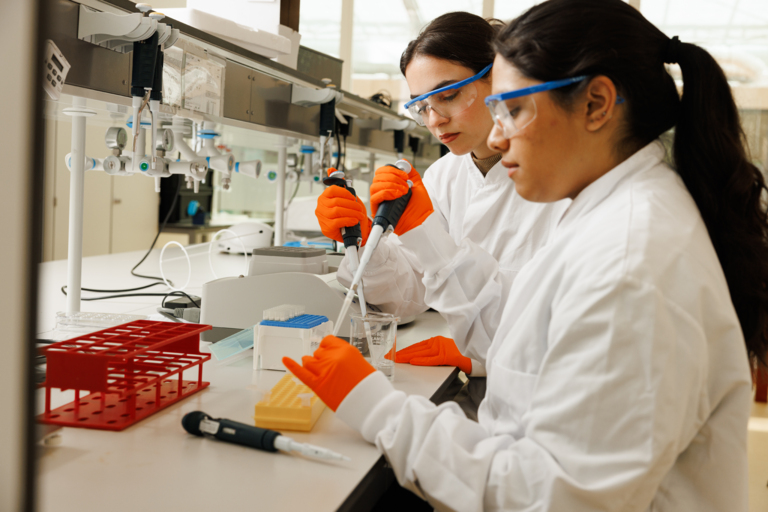
Collaboration between UM and Radboud University Nijmegen
The collaboration with Radboud University has been ongoing for some time. In 2024, the two universities launched a joint research initiative: the Radboud-Maastricht Graduate Programme in Crop Biotechnology and Engineering. The research approaches food production from both a crop and technological perspective. It is precisely this interdisciplinary method that makes the partnership so strong, and it is also the hallmark of the joint master’s programme.
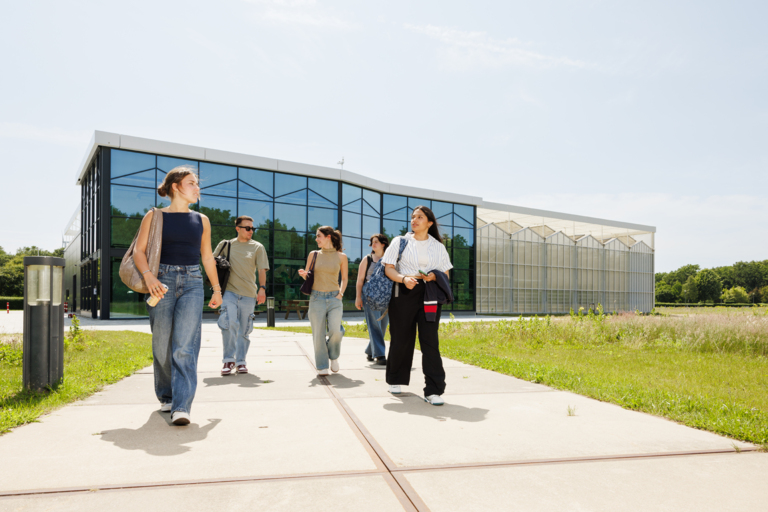
Together with Venlo
The decision to locate both programmes at Brightlands Campus Greenport Venlo was well considered. The new programmes align seamlessly with the activities on this campus, which brings together all links in the food chain in an interdisciplinary and unique way. The campus lies halfway between the main locations of both universities and in the heart of one of Europe’s most important agricultural and horticultural regions. Maastricht University already operates several research facilities on campus, including a state-of-the-art greenhouse for research into cultivation techniques.
The new programmes also tie in with Maastricht University’s broader ambitions in Venlo. In late 2024, Maastricht University and the Municipality of Venlo signed a cooperation agreement to this end. Both parties will invest 8 million euros each over the next 4 years and intend to work together as strategic partners for a total of 8 years. The collaboration aims, among other things, to accelerate the growth of the number of UM students and staff members in Venlo.
Notably, Maastricht University has already been active in the city centre of Venlo for ten years, with its University College Venlo bachelor’s programme as well as two masters.
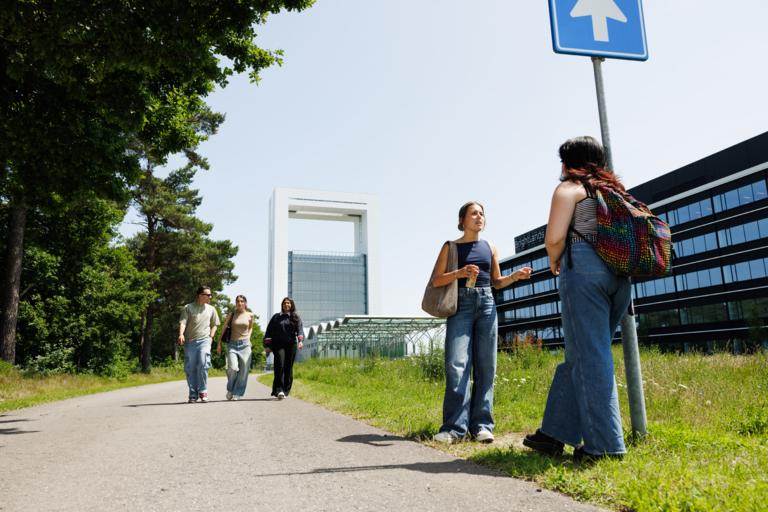
Also read
-
How do plants make their secret weapons? Clever new tool helps scientists to find out.
Dutch scientists created MEANtools, a smart tool that reveals how plants make specialised compounds, reducing lab work.
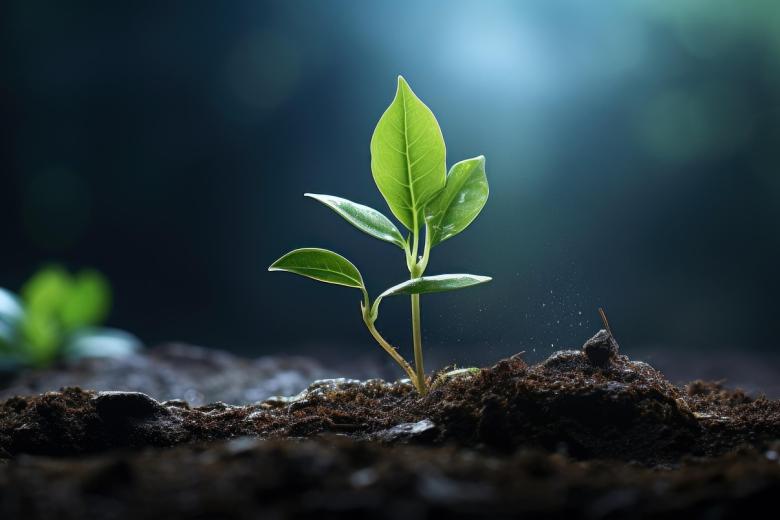
-
AI's moral architects: neither demi-gods nor code monkeys
Who’s to blame if AI goes wrong? And who’s responsible for it not having a negative impact in the first place? In her PhD thesis, "A Showing of Hands: Making Visible the Ethical Agency of AI Developers", Tricia Griffin looks at the people behind the technology and the clichés. She argues that we...
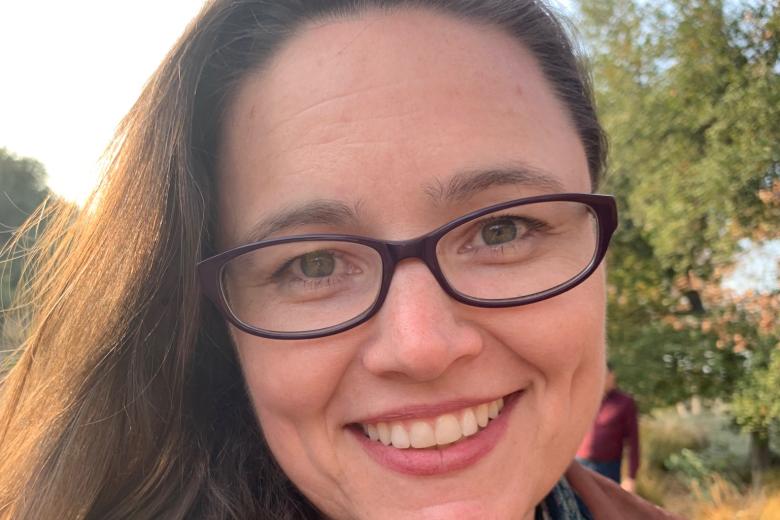
-
Engaging parents in AI: Maastricht University strengthens science literacy in Limburg
How can parents gain a better understanding of what artificial intelligence (AI) means for their child’s education? At Maastricht University, Martijn Boussé and colleagues are launching an innovative project that actively involves parents of secondary school pupils in Limburg in the development of...
